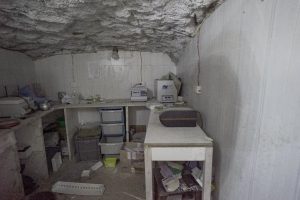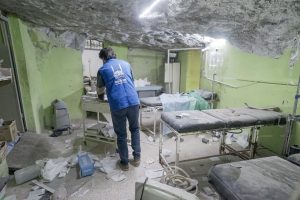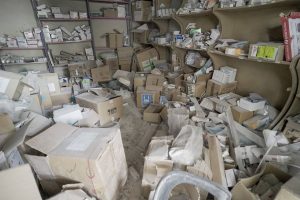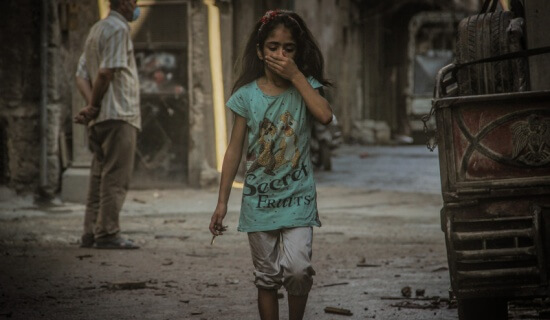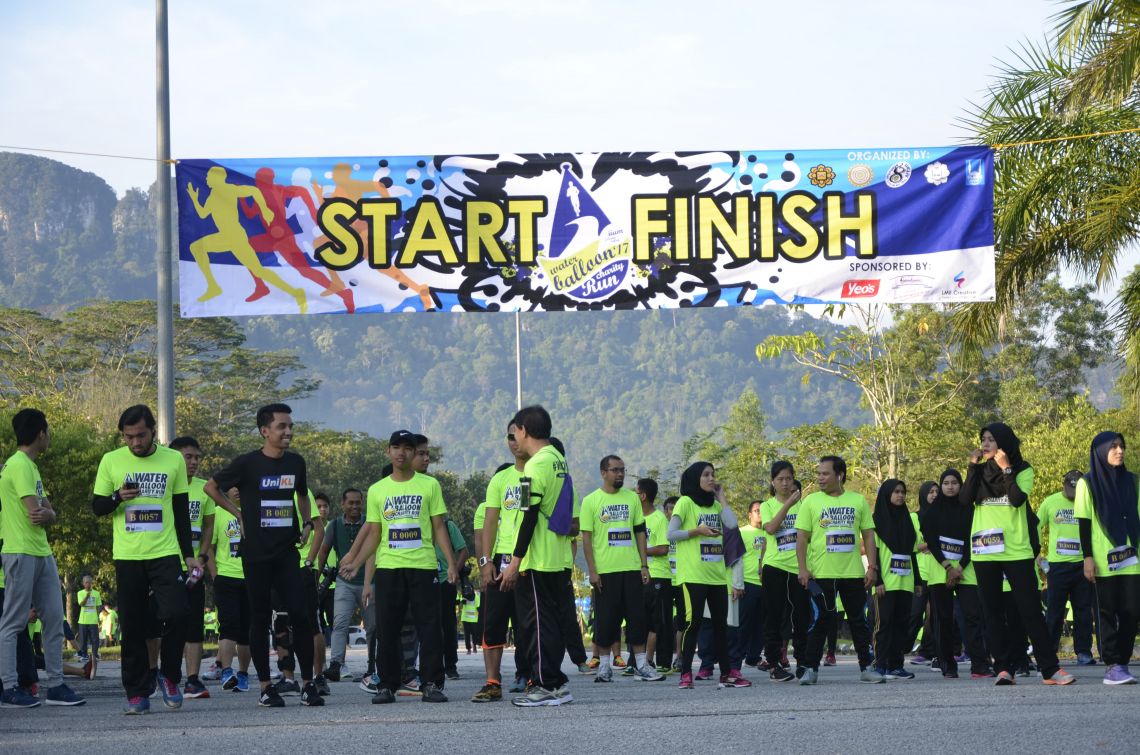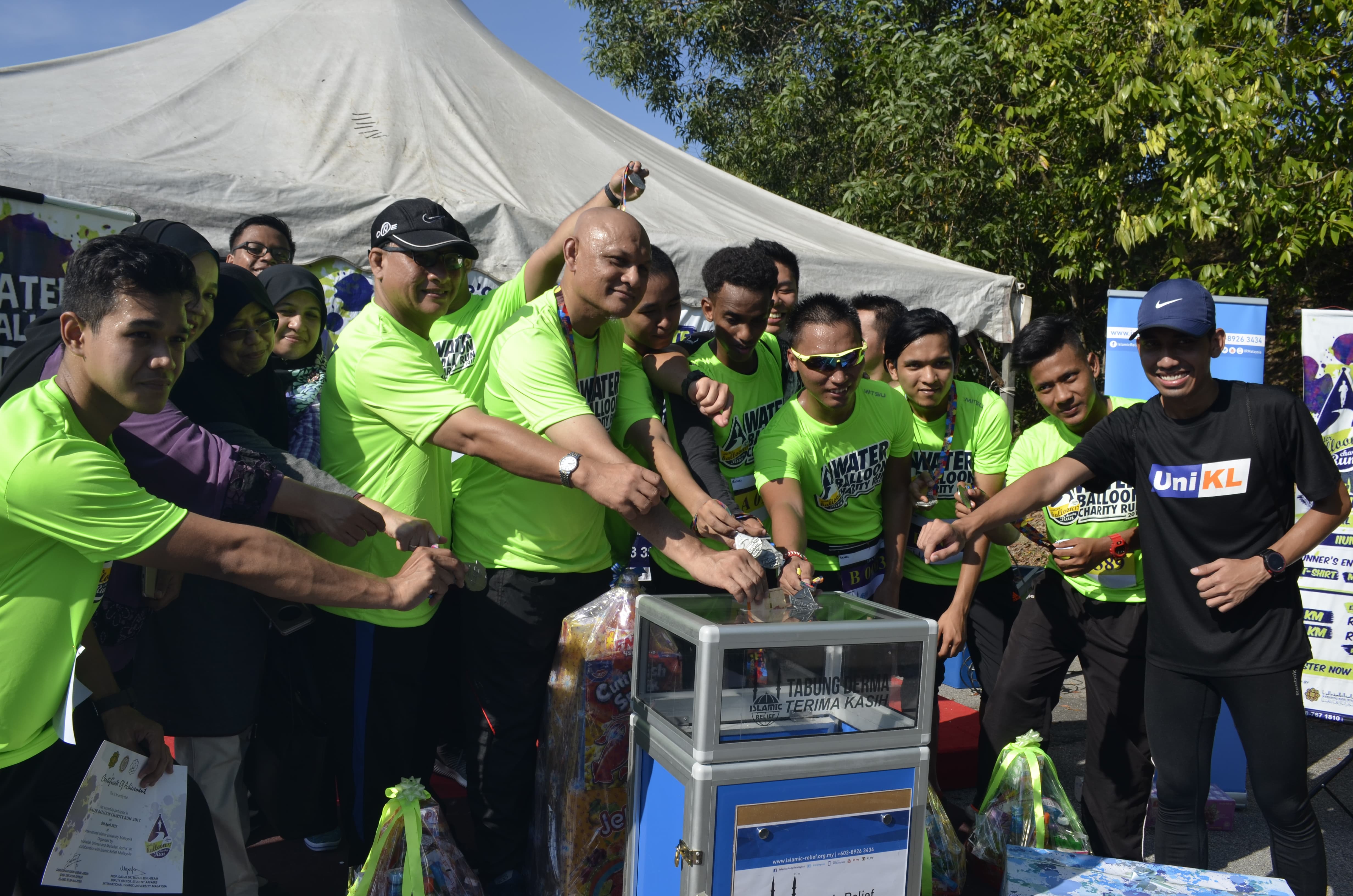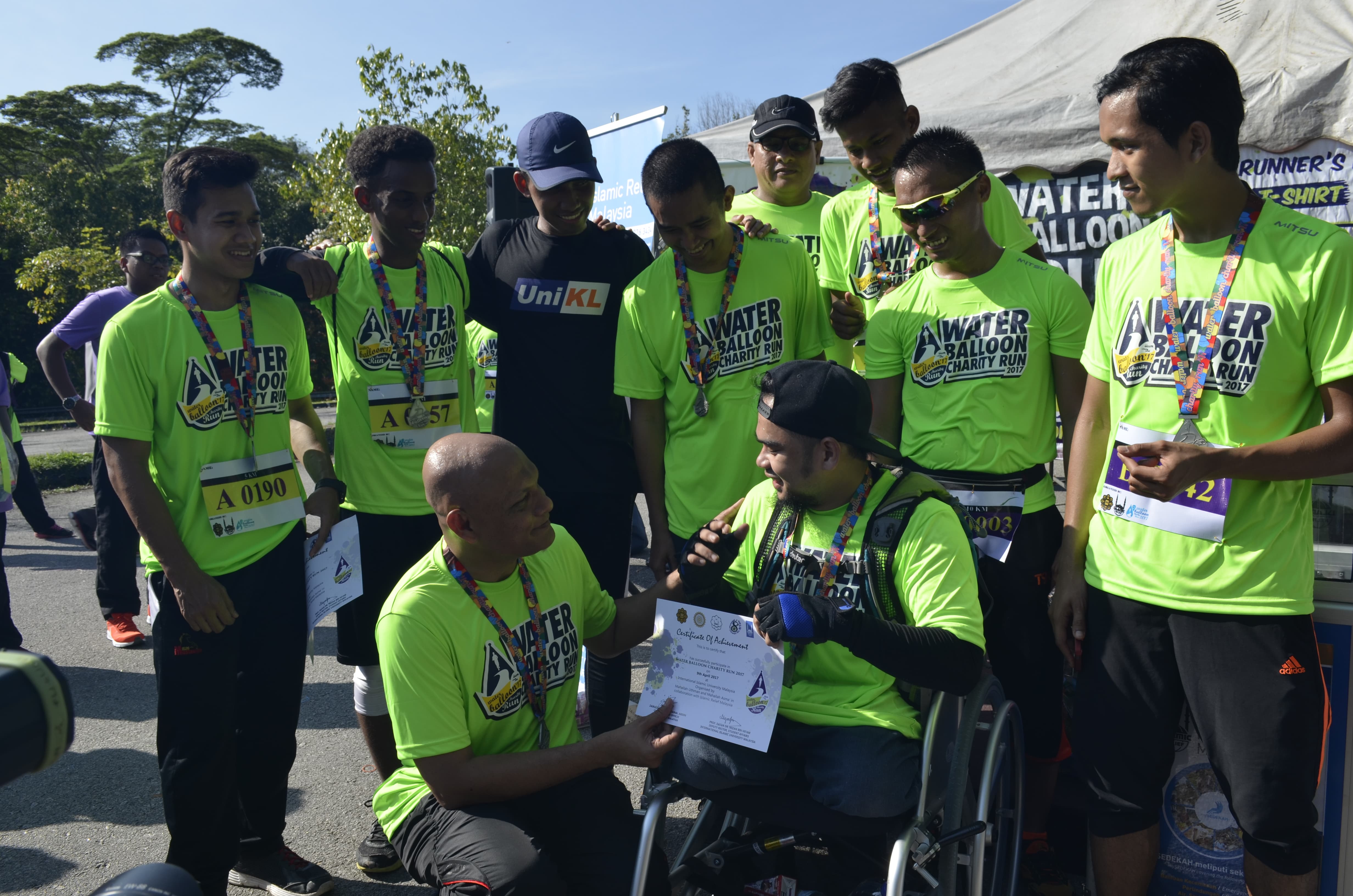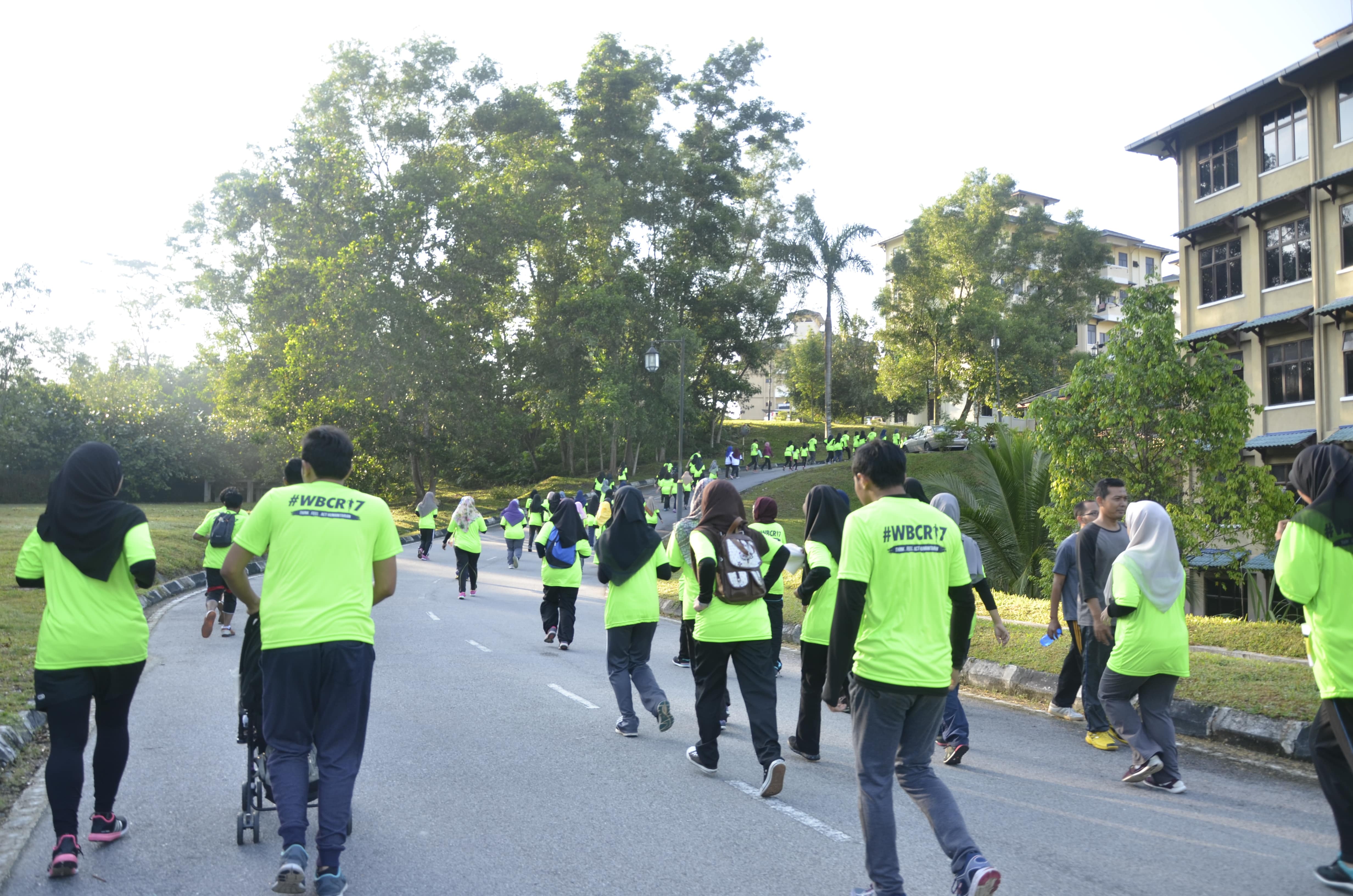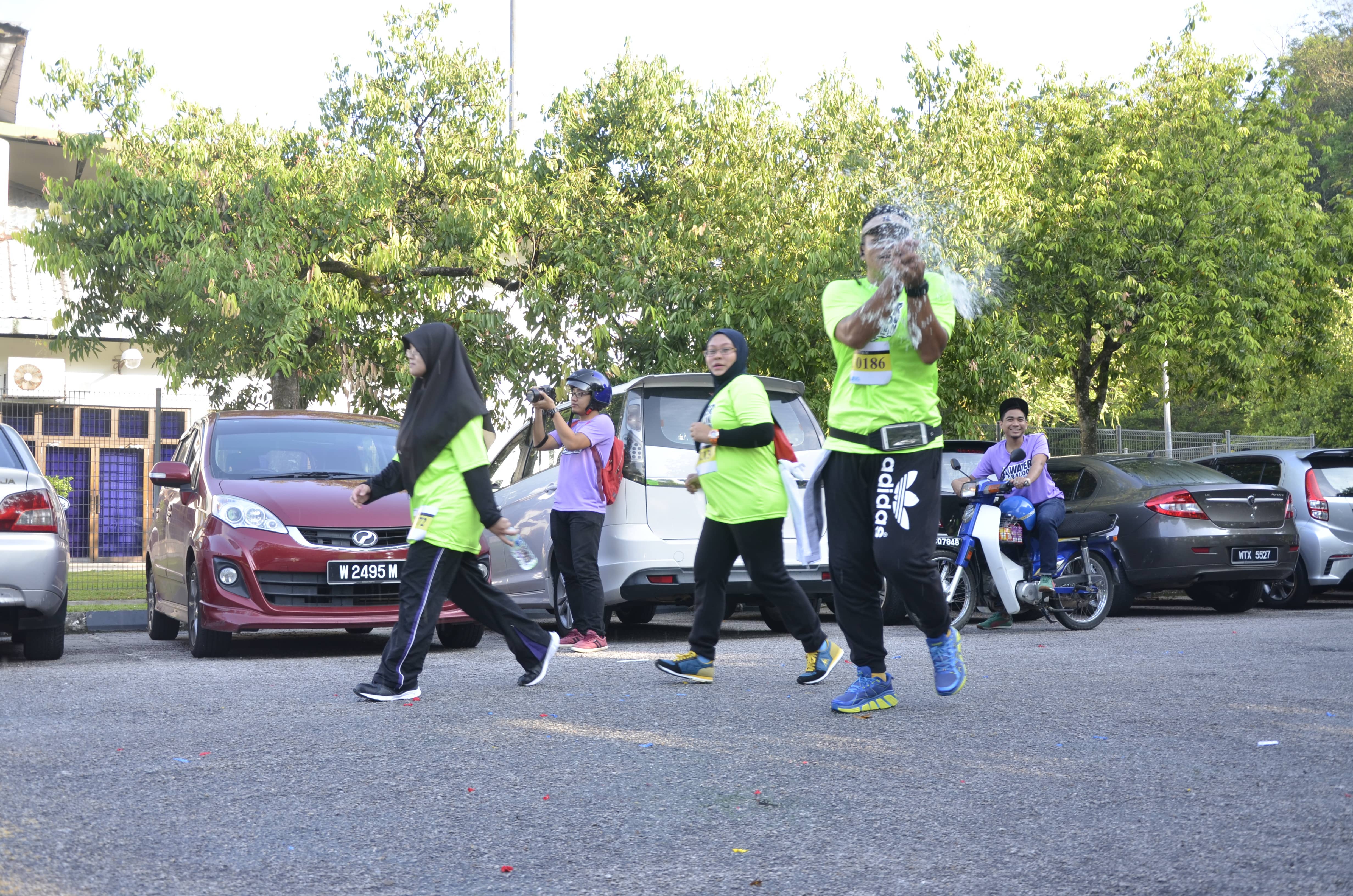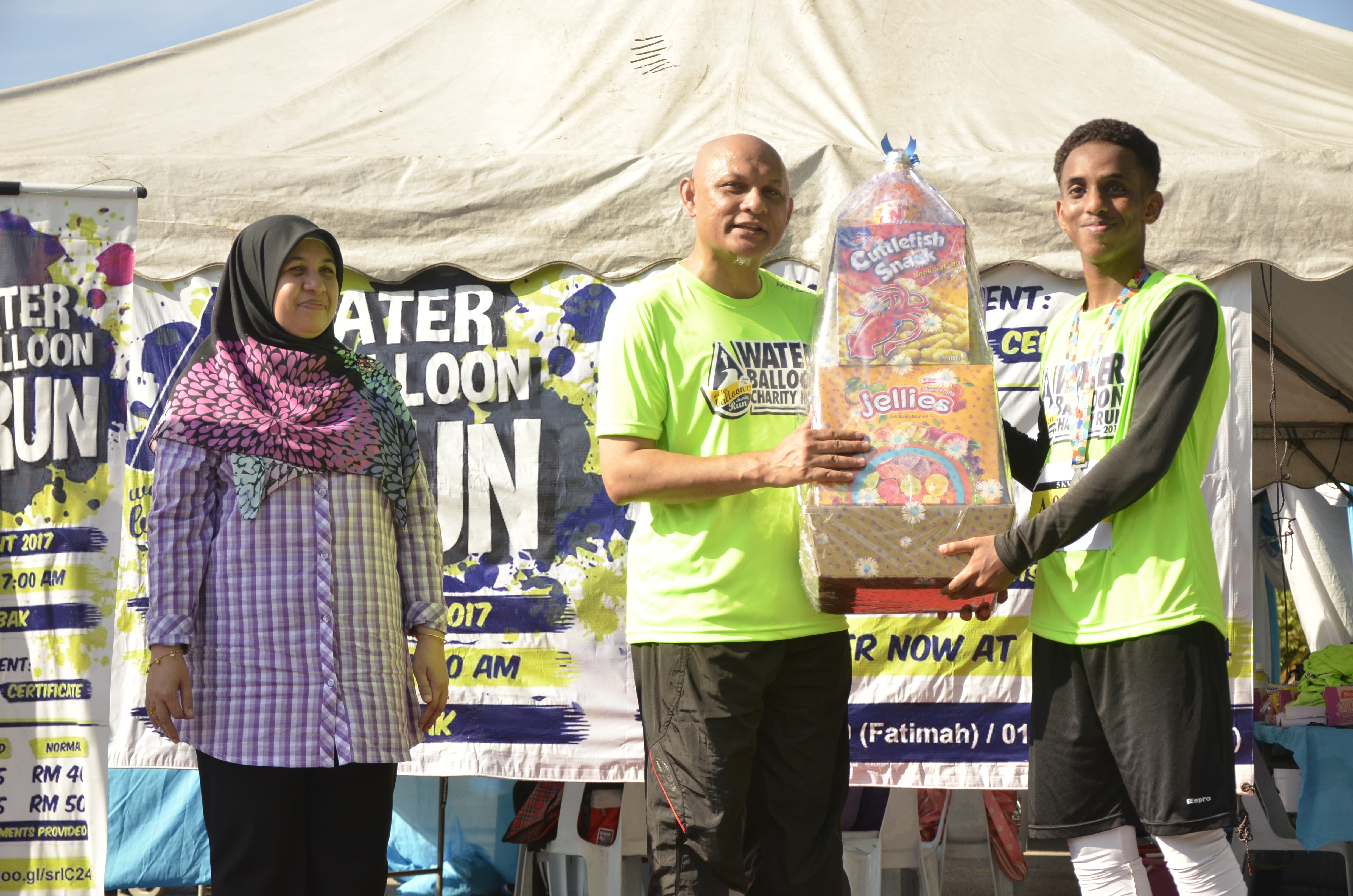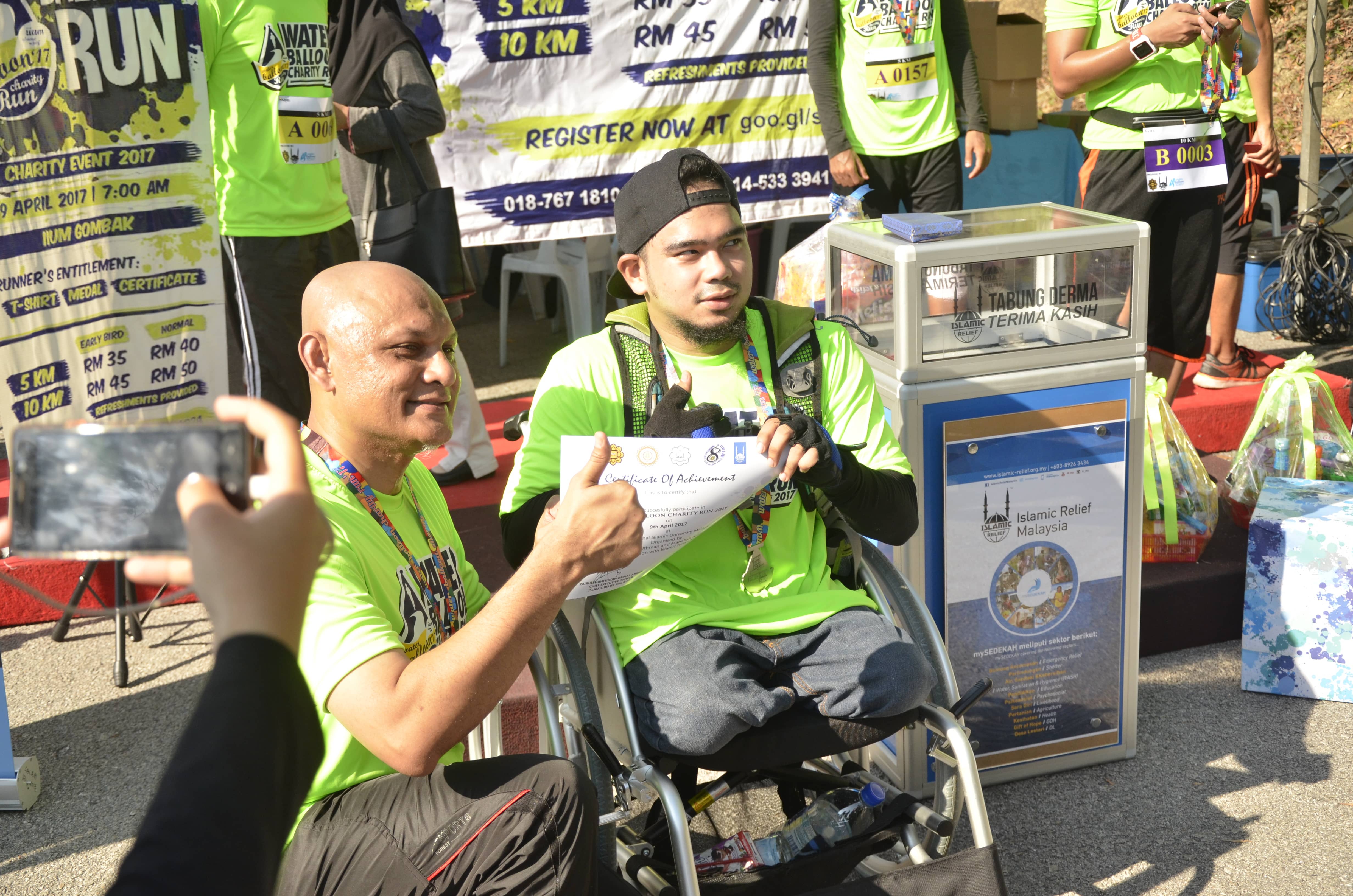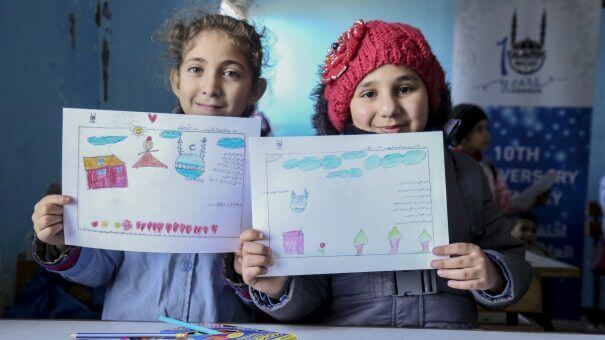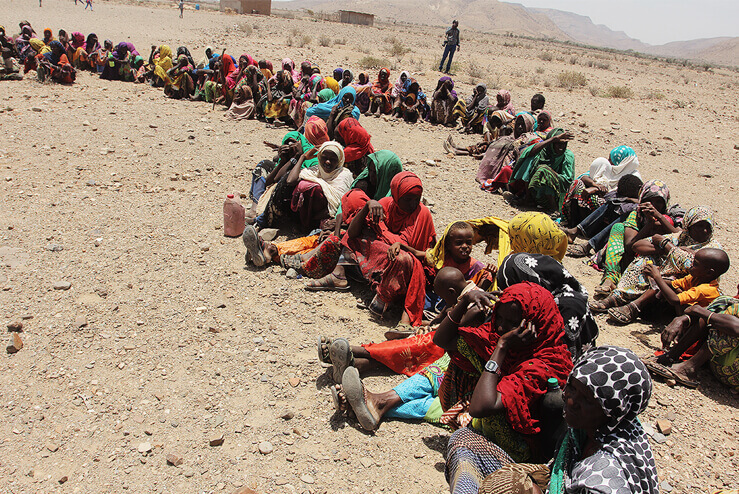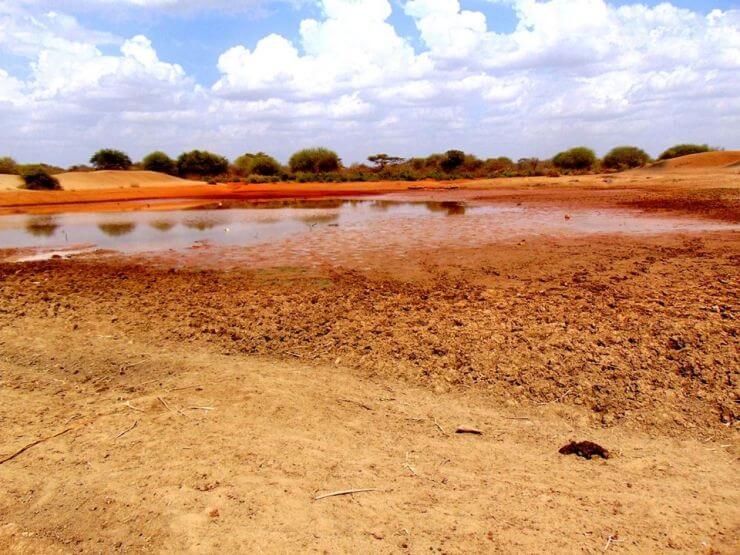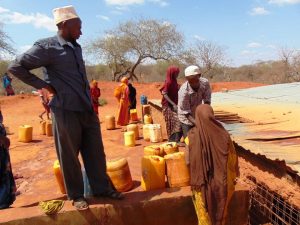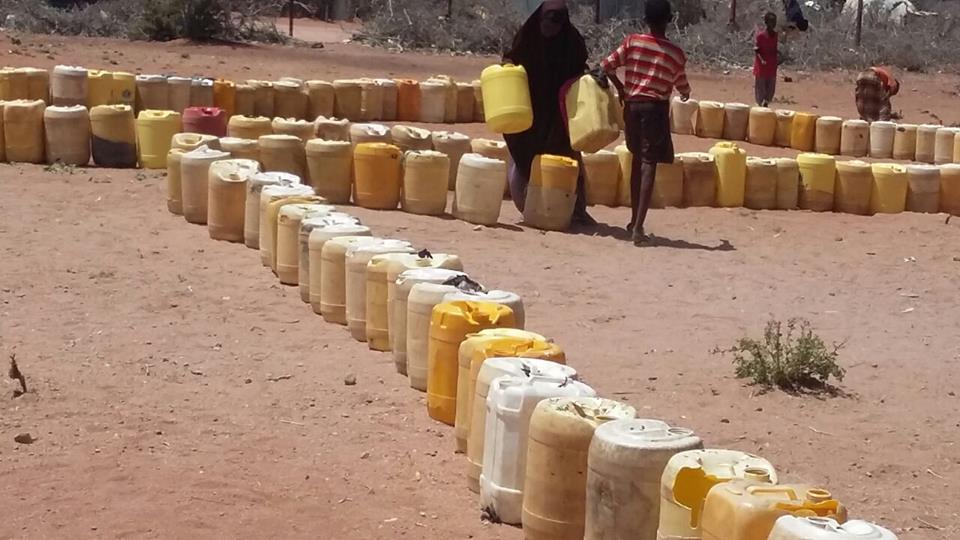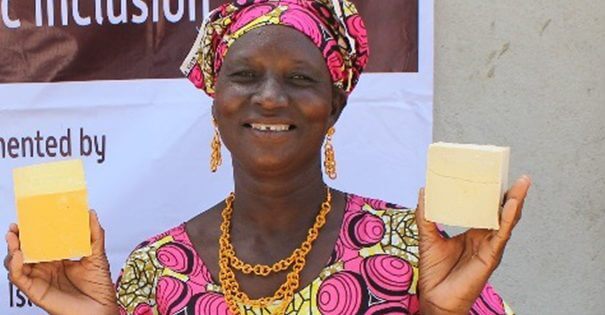In light of International Women’s Day, five women from around the world share their stories of change and hopes for a better future.
Islamic Relief has been advancing the economic and social empowerment of women for decades, and this year, is proud to support International Women’s Day campaign theme: #BeBoldForChange
From championing female entrepreneurship to campaigning against gender based violence, our innovative projects and initiatives enable women all over the world to overcome their challenges and build the strength to be #BeBoldForChange
Minire, 50, living in Bosnia

“Life has never been easy. I lost three children, two of them after birth and one after his eleventh birthday in an accident. I also lost my husband, leaving me to raise our other children alone. Loss came to be part of my life. I was shocked and depressed for many long years. Many people were seeing me pityingly but there was a moment, when I felt desperate and unwilling to live, when I gathered strength I never knew I had. I only had a primary school education but I started looking for vocational training for start-up businesses, and talking with other women about opening businesses in knitting and sewing since many women in our village knew how to do those things. When I heard Islamic Relief was giving training I saw many opportunities. I wanted to come here, challenge myself and start to live. Now, I work in this empowering project for women. Women are strong – very, very strong. They just have to look deep inside themselves to find that strong spirit they have. The strength comes mostly from the children we raise. For them, we are able to carry the weight of the world on our shoulders, and yes we work figuratively 24-hours-a-day, never stopping and not complaining. That makes us different human beings.”
Taisa, 55, living in Chechnya

“Because of my daughter, I’ve never given up. She didn’t allow me to be weak. When she was six months, doctors misdiagnosed cerebral palsy and then said it could be encephalopathy. I have six children and always tried to treat Diana as a special child. When my husband would ask her to do something just as he would ask the other children I was hurt. But later I understood that it was better for her. I started to be more inclusive, letting her sleep with the other children, teaching her to wash and dress herself and assigning some household chores. I taught my children to treat her as an equal. Now she is able to look after herself. Even when she isn’t able to do it quite as well, it makes her feel equal to the other children. I set up my own organisation to help other women, showing them by example how to treat their disabled children. My organisation provides widows and mothers of disabled children different courses such as sewing, hairdressing and cooking, allowing them to raise their income. I also teach in schools, colleges and universities, encouraging tolerance and understanding of disabilities. I understand how difficult it is for mothers when other children point at or shun your child in the playground. Our society must be more patient and tolerant to disabled and I want to make a small contribution through my trainings.”
Fatin Abu Dhaka, 35, living in Gaza

“I had an old sewing machine which used to break down while working on it. I used it for making clothes for me and my children to save money because new clothes are so expensive. I always thought about ways of improving the level of my family’s income and supporting my husband. He works, but his monthly income is no more than $150- a-month which isn’t sufficient to secure the basic needs of our family. With the funds from Islamic Relief, I bought a new sewing machine, an iron, and some cloth. I chose to set up the business in an area which does not have a lot of sewing shops. During my first month, I got many customers. At the end of the first month, I made more than $200 and was able to buy food for my family as well as buying more fabric for the project. I was able to think about hiring another woman. This woman, who I knew before, was supporting another big family. I’m very happy to have become a productive woman in my community and my self-confidence has increased. My friends, family, and neighbours are all proud of what I have done.”
Uzra Lali, living in Afghanistan

“I was illiterate which gave me lots of problems. I couldn’t help my children with their studies. When I was taking medicine I couldn’t understand its dosage or timings. In hospital I couldn’t differentiate between the departments. I attended classes for nine months. We studied literacy. Now there are a lot of changes in my life. I can help my children with their studies. I can manage my small business, making gloves, bags, scarves and shawls. Now women have the freedom to study and learn. The workshops give awareness to women and enable them to work in future, to study and serve society.”
Safiatou Sacko, living in Mali

“Since this town hall has opened no one from my area, Mana, ever became an advisor. I am the first! I am happy to no end. Day and night I would say it! Politics requires you to be known by people, if I were not part of the cooperative people would not know me, let alone vote for me. When I was elected I aspired to help all the women of the community. Women have to step in as leaders for the community to develop. I want an education for my daughters. I only studied up to the sixth grade of primary school. I don’t want my children to remain there. I want them to study until they have a job. If a woman works she can support herself and others.”
